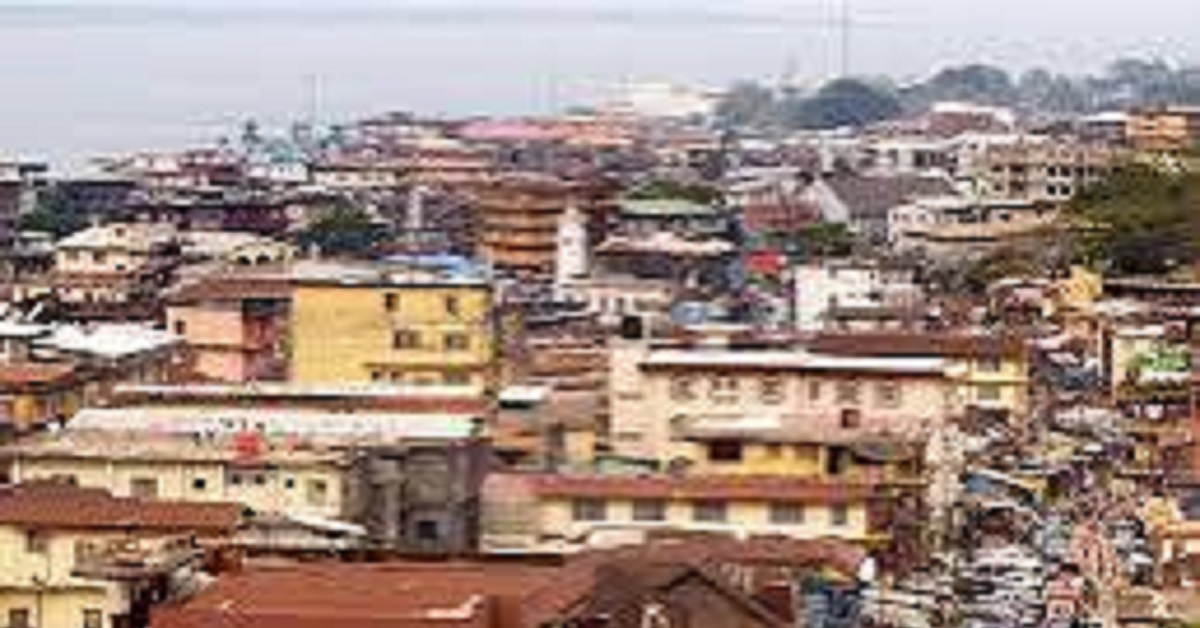Corruption is a toxic scourge that continues to cast a long and dark shadow over Sierra Leone. Its detrimental effects penetrate multiple sectors of the nation’s economy, negatively impacting the lives of its citizens and. impeding the country’s path to prosperity.
One of the most concerning aspects of corruption in Sierra Leone is its deep- rooted presence within public administration. Here, corruption thrives through misallocation of resources, bureaucratic inefficiency, and the draining off of public funds. It is within the heart of government institutions that corruption misdirects resources away from essential public services, severely affecting sectors like healthcare, education, and development. infrastructure Funds intended to strengthen these vital areas often vanish into the pockets of corrupt officials, leaving the nation’s progress and economic growth in an unstable state.
The impact of corruption becomes painfully apparent in the healthcare and education sectors. Corruption directly translates into inadequate healthcare services, resulting in a lack of quality medical care and mismanagement of vital resources. The inevitable consequence is higher mortality rates and reduced economic productivity as citizens suffer from
preventable diseases and ailments. Similarly, the education system bears the burden of corrupt practices with teacher absenteeism, exam fraud, and misappropriation of educational funds, limiting access to quality education and suppressing human capital development, an essential driver of economic progress.
Corruption casts a chilling effect on Sierra Leone’s business environment, discouraging both foreign and domestic investment. Unfair practices, such as bribery and favouritism, distort market competition, impede entrepreneurship, and hinder job creation, all of which are critical components for a thriving economy. Potential investors are discouraged b by the perception of t corruption, and existing a businesses struggle to navigate landscape f a tainted by underhanded e dealings.
Sierra Leone’s rich natural resources, including mining i and forestry, fall target to corruption’s insidious reach. Dishonest practices in resource management lead leakage, to revenue environmental degradation, and the loss of potential income that could otherwise fund crucial infrastructure development and social programs. The country’s vast potential wealth is drained away, leaving a void in the nation’s coffers and hindering economic development.
Corruption’s infiltration into the judicial system undermines the rule of law, erodes public trust, and discourages investment and commerce The consequential legal uncertainty prevents economic activities and strangles economic growth. When citizens lack confidence in the judicial system’s ability to provide fair and impartial justice, they become hesitant to engage in economic activities, leading stagnation.
Within law enforcement agencies and customs, corruption not only raises crime rates but also obstructs trade. This impacts the ease of doing business, disrupts international trade, and, by extension, harms the economy. It creates an environment where unlawful activities can flourish unchecked, further eroding the country’s economic prospects.
Corruption’s destructive impact is felt keenly in tax collection. Corruption within this sphere leads on to tax evasion revenue leakage, leaving the government with resources to provide essential services and invest in economic growth.
The economic burden is borne by the citizens as they experience public services and infrastructure development.
In conclusion, corruption’s devastating impact on Sierra Leone’s economy cannot be overstated. It drains off vital resources, discourages investment, undermines human capital development, and corrodes public trust.
To chart a course towards prosperity, Sierra Leone must prioritize the Anti-Corruption Commission’s measures, by promoting transparency, and strengthening accountability mechanisms. Only by addressing corruption head-on can Sierra Leone unlock its full economic potential and provide a brighter future for its citizens. The time for reform is now, for the sake of Sierra Leone’s economy and its peopl











